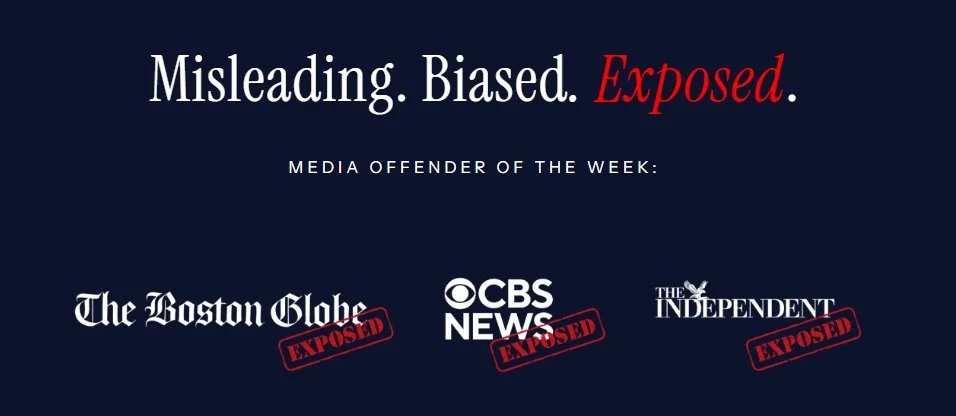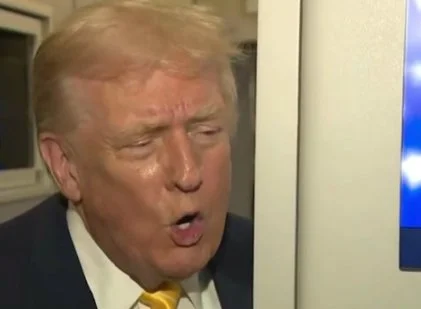"Stole Girls from Me": Trump's Calculated Reframing of the Epstein Files
A Political-Psychological Analysis of Preemptive Narrative Control
In July 2025, President Donald Trump spontaneously offered a new explanation for his falling-out with Jeffrey Epstein: Epstein, he said, "stole girls from me." He then clarified that he meant employees from the Mar-a-Lago spa. To some, this sounded like an erratic, disturbing gaffe. But to those attuned to political psychology and linguistic strategy, it signalled something far more calculated: a pre-emptive effort to redefine potentially incriminating language before the release of sealed Epstein files.
Trump's defenders cast the remark as an offhand comment, while critics suggest he's panicking. But the most probable explanation is neither emotional nor spontaneous. It's strategic. He isn't losing control. He's preparing the ground.
Reframing Incriminating Language
In the realm of political communication, language is not merely descriptive; it's instrumental. The words political actors use are often designed to frame public perception before facts are fully known. Trump's use of the phrase "stole girls" then immediately redefining it as "poaching employees" is a textbook case of this phenomenon.
The term "stole girls" is loaded, especially in the context of Epstein, whose crimes involved the systematic trafficking of underage girls for sex. That Trump would choose this phrase, unsolicited and without prompting suggests it wasn’t a slip of the tongue, but a deliberate move to seize control of an interpretation.
This aligns with a classic tactic in political psychology: pre-bunking. This strategy anticipates a reputational threat and introduces a reinterpretation of key terms or facts in advance, so when the threat materializes, the public is already conditioned to see it in a less damaging light.
Why Now?
This rhetorical shift is not occurring in a vacuum. Congress has invoked a rarely used statute to demand the full release of Epstein-related documents. Survivor families, especially that of Virginia Giuffre, are pressuring lawmakers for transparency. The media is again circling. And Ghislaine Maxwell is reportedly negotiating for immunity in exchange for testimony.
Within this context, Trump's sudden clarification that Epstein "stole people who worked for me" appears to be an effort to pre-emptively explain away any language in those files that could be interpreted as evidence of complicity. If DOJ memos, FBI interviews, or internal notes contain phrases like "traded girls," "presented girls," or "Trump took her," then reframing those terms in advance is a crucial defensive manoeuvre.
It's not hard to imagine how the files might read: Epstein presenting girls to powerful men, conversations using coded or transactional language, or descriptions of underage victims as being "poached," "given," or "shared." By inserting the idea that such terms meant nothing more than job-switching at a spa, Trump is attempting to neutralize their weight.
Strategic Victimhood and Language Sanitization
Trump has also positioned himself as a victim in this new version of events. Epstein, he says, wronged him. He didn’t participate in trafficking; he was betrayed by someone who "stole" from him. This flips the power dynamic and again distances Trump from accountability. It reframes a potential perpetrator as someone who suffered a business slight.
This is more than just spin. It’s a powerful manipulation of emotional framing. In political psychology, repositioning oneself as a victim is an effective way to deflect from being cast as a villain. People are more likely to sympathize with someone who appears to have been exploited than someone who is accused of exploitation.
Additionally, by naming Virginia Giuffre specifically, only to say she had "no complaints" about him; Trump undermines the narrative arc of one of Epstein's most central accusers. Her death earlier in the year removes her ability to challenge or contextualize this new version of events. It's a cynical, calculated move that exploits silence as absence of contradiction.
The Psychology of Controlled Narrative Collapse
The strategic nature of this reframing is also a response to a deeper political-psychological bind. The Trump administration initially promoted the idea of an Epstein "client list" and conspiracy. When those stories served his interests, they were fed to the base. Now that the narrative risks implicating Trump himself, the story is being pulled back, redefined, and declared a "hoax."
This mirrors other information control tactics observed in authoritarian-adjacent politics: first embrace the conspiracy to gain support, then disown it once it threatens the inner circle. It is narrative manipulation through saturation and withdrawal. Release files about Martin Luther King Jr. to distract from Epstein. Point at Clinton. Offer new lists. Control the conversation. Don’t let it control you.
Simply Put: This Isn’t Panic. It’s Pre-emption.
Interpreting Trump's linguistic choices as the product of panic or mental decline misses the deeper strategy. The choice of words like "stole girls" isn't a malfunction. It's a warning. It reveals what he anticipates is coming: file content that may be linguistically ambiguous but reputationally radioactive. And he is trying to reprogram the public's understanding in advance.
Trump is not improvising. He’s insulating.
And if the Epstein files do contain language that echoes his phrasing, the public should recognize this manoeuvre for what it is: a calculated attempt to make trafficking sound like business, and to make complicity sound like betrayal.
The burden now lies not just with the files, but with the public: Will we recognize the manipulation, or fall for the reframe?
Sources
Trump says Jeffrey Epstein 'stole' Mar-a-Lago workers before estate ban | Fox News
Trump says Epstein 'stole' Virginia Giuffre from Mar-a-Lago spa | AP News








